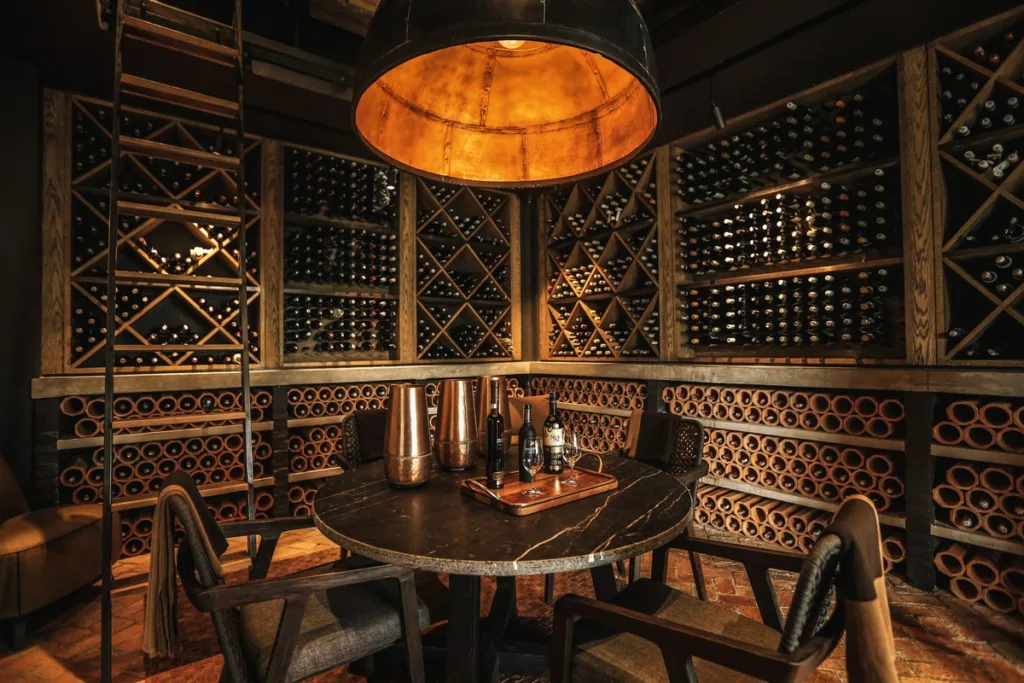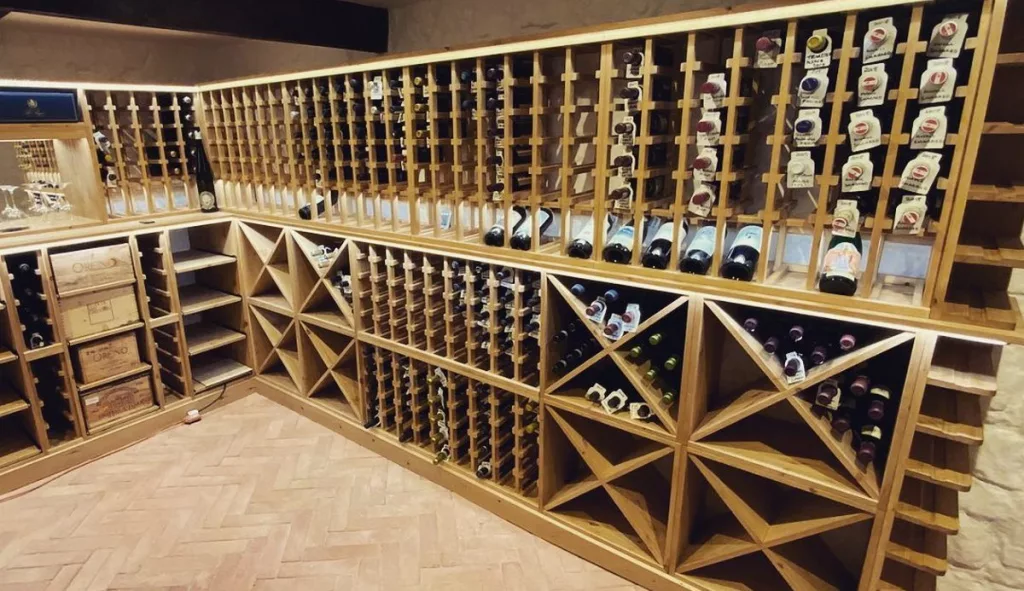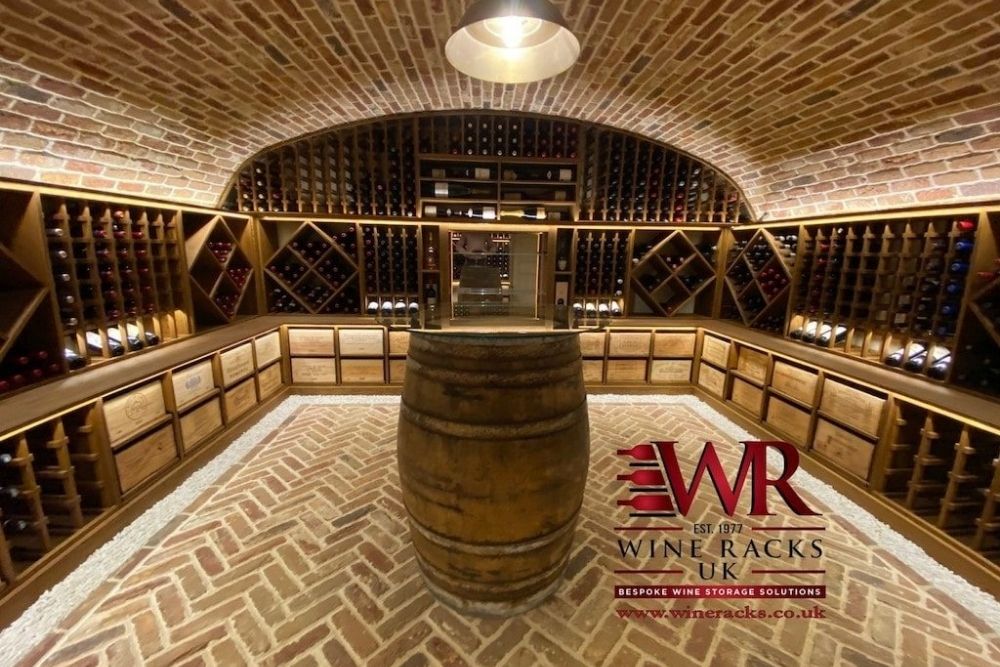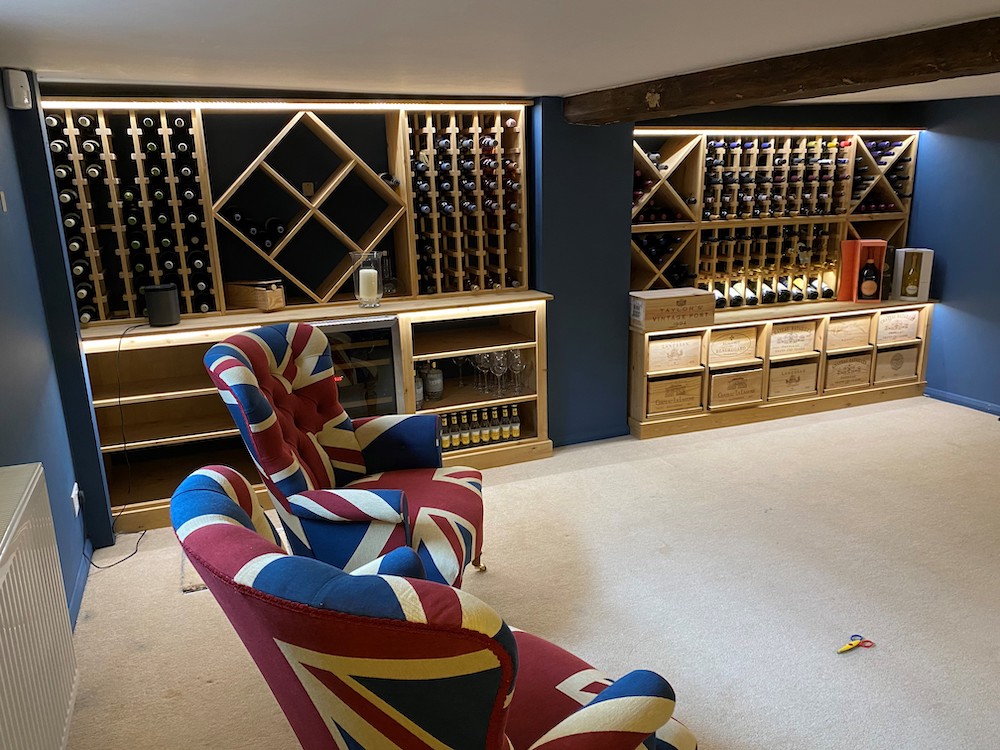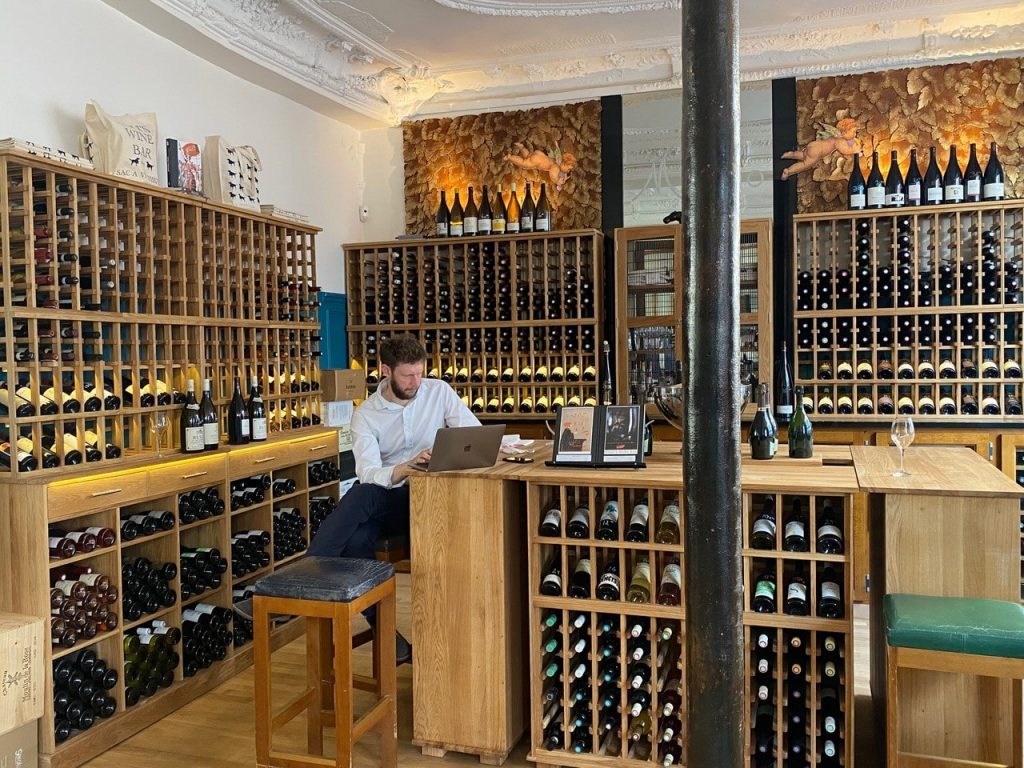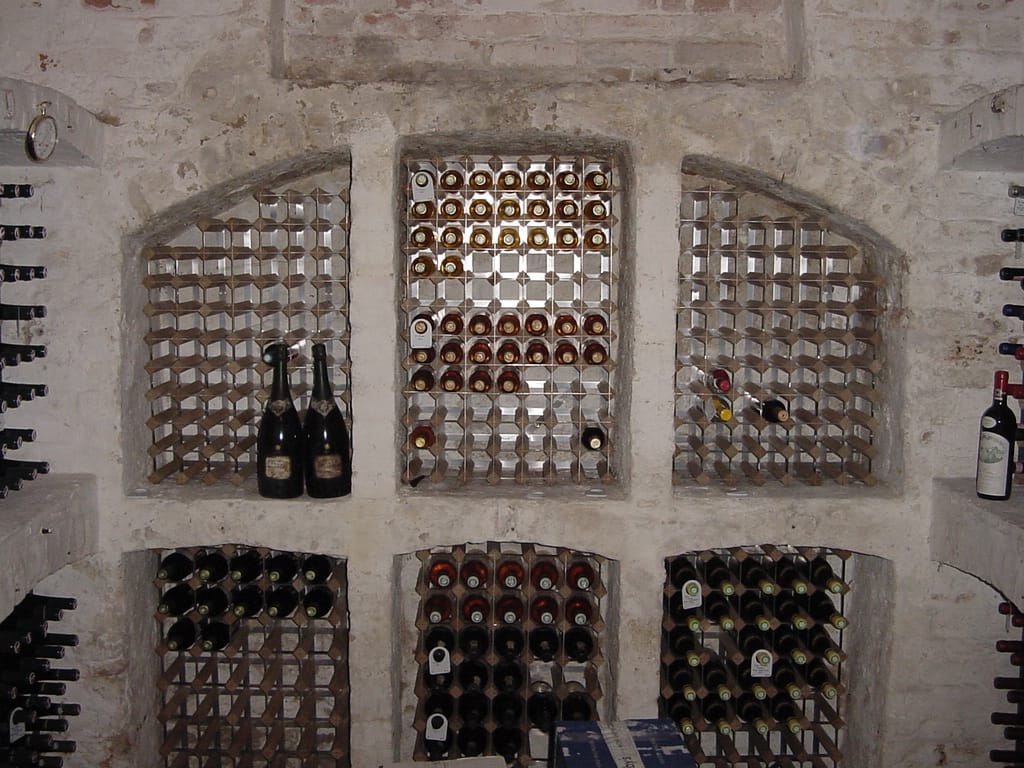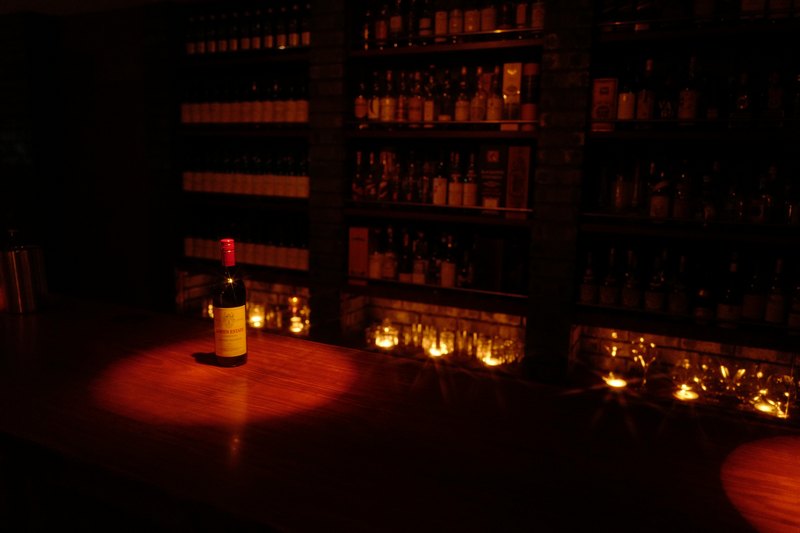Wine is being seen by more and more people as an alternative asset, especially when traditional investment opportunities may not be returning sufficiently attractive returns. Investing in wine can be done as a means of diversifying an investment portfolio, as well as providing a great reason to invest more time in pleasurable hobby! As a […]
Read more >